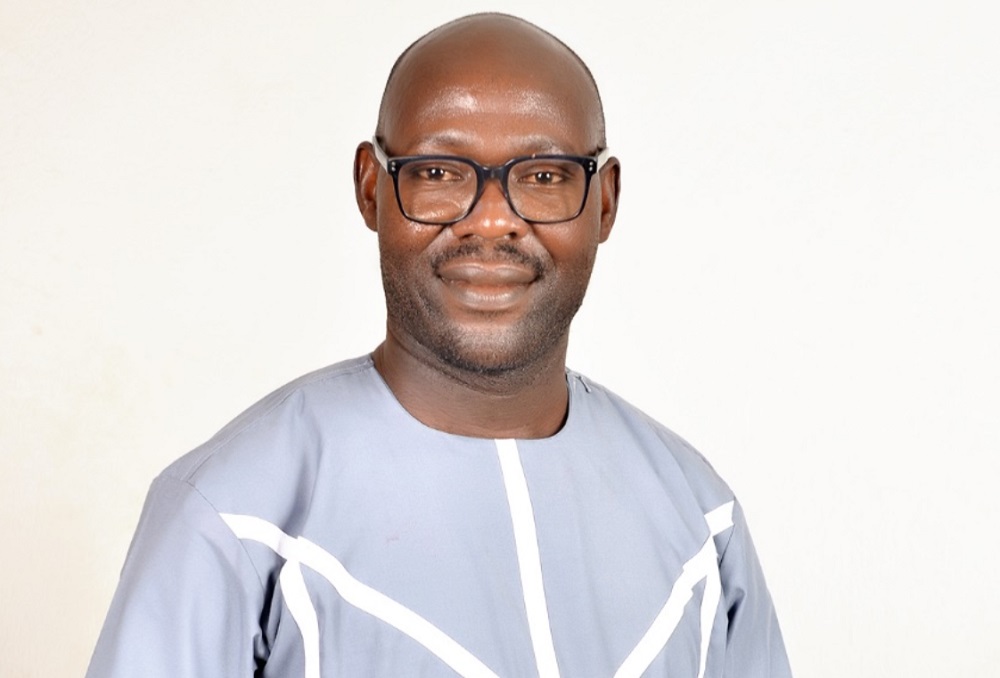By Moses Wawah Onapa
Uganda, a country rich in cultural diversity, boasts a tapestry of over 50 ethnic groups, each with its own cultural institution. These institutions have long been custodians of Uganda’s cultural heritage, playing vital roles in fostering identity, social unity, and traditional leadership.
However, in recent years, several cultural institutions have been marred by confusion, characterized by leadership disputes, political interference, and dwindling cultural authority. Cultural institutions in Uganda, such as kingdoms, chiefdoms, and clans, predate the colonial period and have been integral to the organization of communities.
These institutions, particularly kingdoms like Buganda, Bunyoro, and Toro, held considerable power over political, economic, and social affairs before the advent of colonial rule. During the colonial era, these structures were retained but altered to fit the administrative needs of the British, who used them to control local populations.
After Uganda’s independence in 1962, the role of cultural institutions became contentious, especially under the regime of Milton Obote, who abolished kingdoms in 1967 in a bid to centralize power. It wasn’t until 1993, under President Yoweri Museveni’s government, that cultural institutions were restored, albeit in a more symbolic role, stripped of formal political power.
However, upon restoration, we started experiencing a lot of challenges in almost 99% of the restored institutions. The different challenges included; Leadership Disputes, Political Interference, Legal Ambiguities, Modernization and Erosion of Cultural Values, and Economic Challenges.
The immediate Impacts of Confusion in Cultural Institutions started to erupt as; Erosion of Social Cohesion, Weakened Cultural Authority, Loss of Influence in Governance, and Deterioration of Cultural Heritage.
I am tempted to believe that the creation and restoration of cultural institutions wasn’t done with good enabling laws or clarity but by serving political interests and rewarding loyal persons or building the political base. Narrow it down to personalities holding those portfolios, they are majorly cadres who either support the sitting regime or their accomplices. This is the very reason why cultural wrangles and disputes are still far from over.
In recent events, the ministry degazetted Mzee Yocam Odur Ebii; the paramount chief of Lango under the Lango cultural foundation which was the institution known to the government. Hurriedly, the same government gazetted another one under a different umbrella called Lango Cultural Institution; in my opinion, this mistake shall by default create two institutions in Lango land just as it is in Busoga
The government should think of and get back to reasons why such institutions must exist other than peddling in critical moments when everything has run south.
The government should enact enabling laws that shall always see that Clear Succession Laws and Leadership Guidelines exist, Strengthening Independence of these institutions from Politics and politicians, Legal Reforms that shall cater for Clearer distinctions between the roles of cultural leaders and political leaders can reduce conflicts of interest, Revitalizing Cultural Education to help the young appreciate cultural pride and relevance to contemporary life, Promoting Economic Sustainability by encouraging them to adopt income-generating projects that can support their activities and reduce reliance on government funding or donations.
Confusion within cultural institutions in Uganda is a multifaceted issue rooted in leadership disputes, political interference, legal ambiguities, modernization, and economic challenges. These problems undermine the role of cultural institutions as custodians of heritage and social cohesion. However, through clear leadership guidelines, legal reforms, economic sustainability efforts, and cultural revitalization, these institutions can regain their stability and continue to play a significant role in Uganda’s cultural landscape. Restoring order within these institutions is crucial for preserving Uganda’s rich and diverse cultural heritage for future generations.
The writer is a senior educationist and social commentator / Moses4christ2012@gmail.com
Send us your story or opinion on: dailyexpressug@gmail.com. You can also follow Daily Express on WhatsApp for all the latest news and updates.


